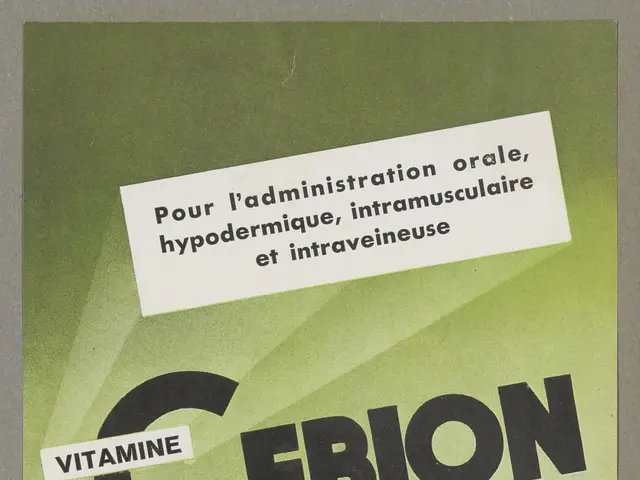Preference for Survival Narratives in Human Brain: Reason Behind Our Fascination with Success Stories
Surviving Life's Challenges: The Power of Survival Stories
In the face of life's trials, one story at a time, survival narratives are equipping us to write our own tales of triumph, whatever shape they may take. These stories, a favourite of the mind, not only stimulate our imagination and emotions but also teach us practical resilience.
Hope, a powerful driver in survival stories, teaches us to view setbacks as steps rather than ends. The sense of accomplishment we feel when reading a well-crafted survival tale releases dopamine, leading to feelings of satisfaction, pride, and relief.
Our brain's craving for high-stakes, emotionally charged narratives, such as survival tales, is due to their ability to activate ancient neural circuits linked to survival, decision-making, and emotional engagement. These narratives stimulate brain regions involved in memory, reward, and empathy, fostering strong emotional responses and sustained motivation.
Research shows that the hippocampus, a key brain region, plays a significant role in experiential risk-taking by retrieving autobiographical memories, linking emotional narrative engagement with decision-making processes. Emotion is central in decision-making, with emotionally charged stories releasing neurochemicals like oxytocin, fostering empathy and social bonding, which are critical for resilience.
Survival stories and detailed narratives may act as evolutionary adaptations, where recalling and simulating dangerous scenarios help prepare the brain’s survival circuits for real-life challenges. By emotionally engaging us and activating survival-related brain networks, these narratives help build mental resilience by enabling rehearsal of adaptive responses, strengthening emotional regulation, and promoting a sense of mastery over adversity.
The "Hero’s Journey" narrative structure, common in survival tales, allows individuals to see themselves overcoming hardship, reinforcing hope, purpose, and psychological transformation—all key aspects of resilience.
For both readers and creators of survival stories, mental engagement is key, and some people find that using nootropics or brain supplements, such as L-theanine and caffeine, citicoline, and Lion's Mane mushroom, helps them stay immersed.
Survival stories show us how to navigate fear, persist through pain, and find strength in weakness. They teach us that even in the darkest of times, the arc of our lives can bend towards triumph, even when it dips low along the way.
Lastly, journaling one's own challenges in the form of a narrative can help reframe adversity, offering a new perspective and a sense of control in the face of life's challenges. In therapeutic settings, survival narratives can be incredibly powerful for veterans, trauma survivors, and people facing serious illness, bolstering their own coping skills.
In conclusion, survival stories serve as a beacon of hope, teaching us valuable lessons about resilience, perseverance, and the human spirit. They remind us that no matter how daunting the challenges we face, we have the power to write our own stories of triumph.
- These stories, favorites of the mind, stimulate our creativity and emotions, teaching us practical resilience.
- The sense of accomplishment triggered by well-crafted survival tales releases dopamine, leading to feelings of satisfaction, pride, and relief.
- Brain's craving for high-stakes narratives like survival tales activates ancient neural circuits linked to survival, decision-making, and emotional engagement.
- Narratives stimulate brain regions involved in memory, reward, and empathy, fostering strong emotional responses and sustained motivation.
- Research shows that the hippocampus, a key brain region, plays a significant role in experiential risk-taking, linking emotional narrative engagement with decision-making processes.
- Emotion is central in decision-making, with emotionally charged stories releasing neurochemicals like oxytocin, fostering empathy and social bonding, which are critical for resilience.
- For some readers and creators, nootropics or brain supplements like L-theanine and caffeine, citicoline, and Lion's Mane mushroom, help maintain mental engagement.
- Survival stories show us how to navigate fear, persist through pain, and find strength in weakness, teaching us that even in the darkest times, we can write our own stories of triumph.





